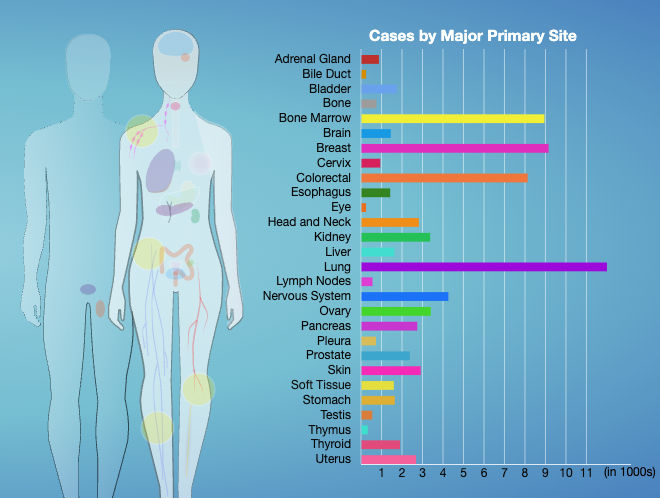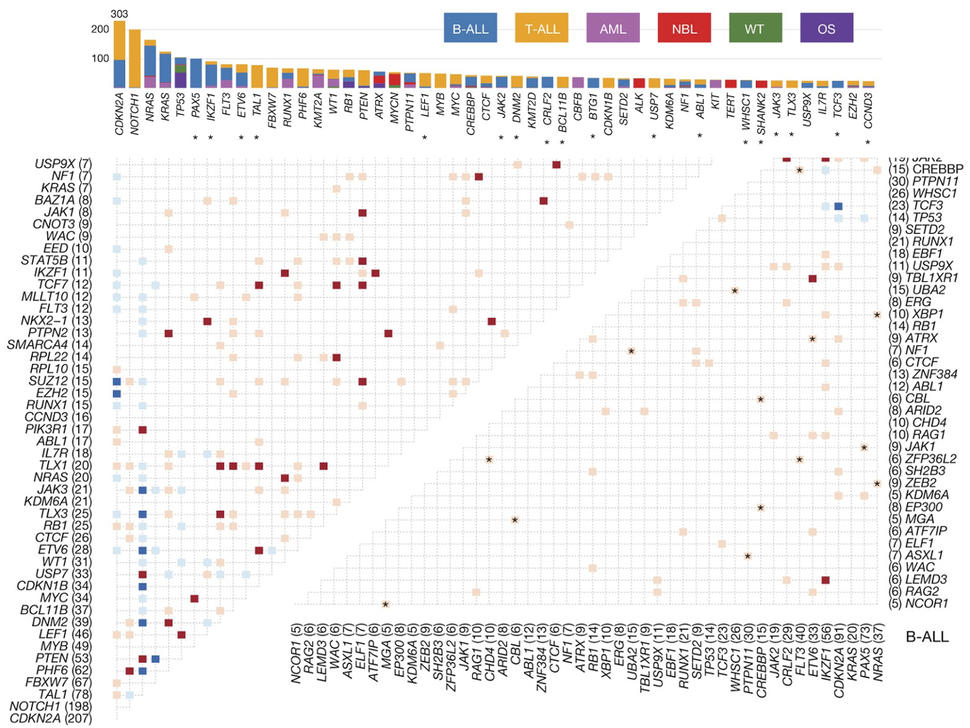The Cancer Genome Atlas (TCGA) collected, characterized, and analyzed cancer samples from over 11,000 patients over a 12 year period. The process was complex and constantly evolving to accommodate new technologies, the nuances of different cancer types, and other changing factors. Core steps involved:
- Collecting samples and clinical data
- Generating molecular analytes from samples
- Sequencing and other forms of molecular characterization
- Analyzing data
- Making the data available to the research community
All data collected and processed by TCGA is available at the Genomic Data Commons (GDC):
Researchers may also consult the GDC's resources for TCGA users, which contains guidance for navigating various data types and transitioning to the GDC from other data repositories.
Learn more about how the data was generated and other details important for using TCGA data and other related resources in your research:
- Data Types Collected
- Molecular Characterization Platforms
- Computational Tools
- Citing TCGA in your work
Requests for TCGA Biological Samples and Materials
TCGA cannot, under any circumstances, accommodate external requests for analytes or tissue materials.
All cases have been consented to use for TCGA and TCGA alone. TCGA has no rights to redistribute materials outside of the program. Providing outside parties with materials would in effect constitute breaking the law. Furthermore, with multiple assays performed on each case, most tissue samples have already been depleted in generating analytes.
TCGA frequently receives requests for materials and unfortunately, distributing materials is impossible.

